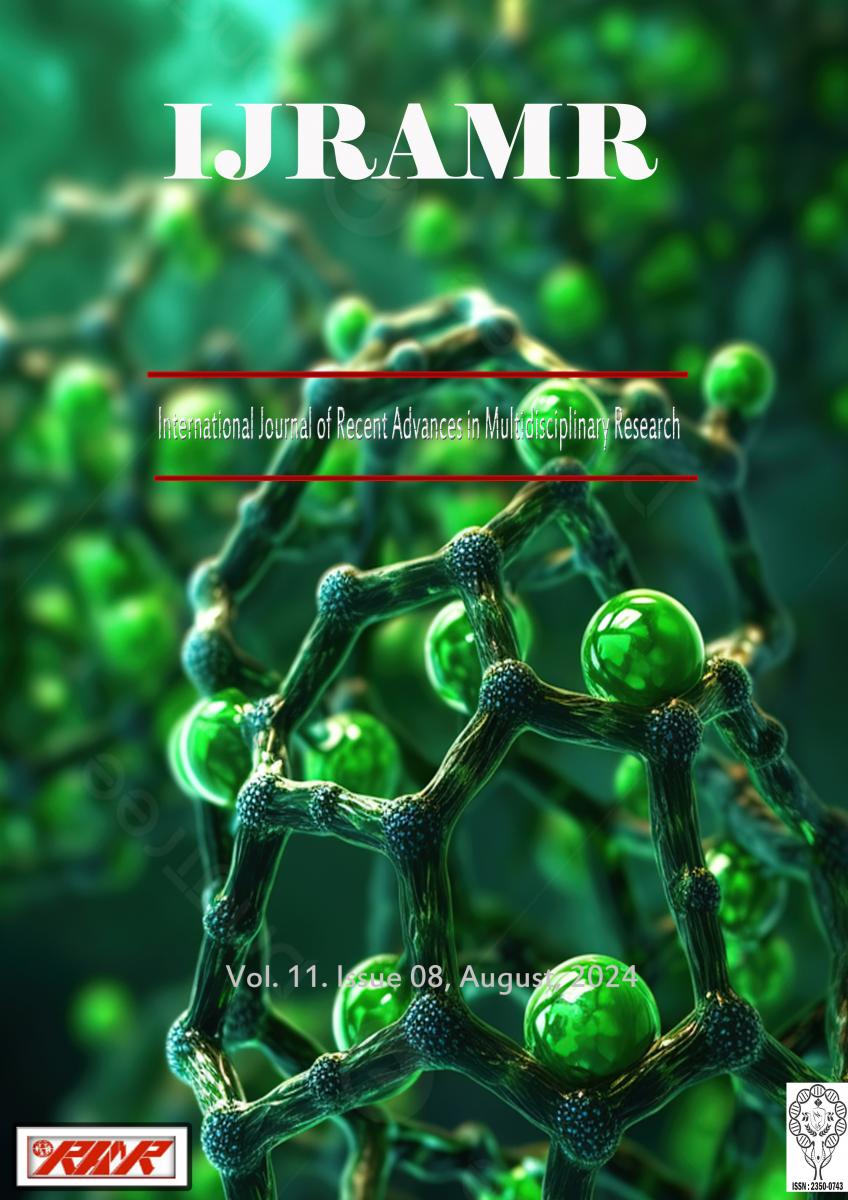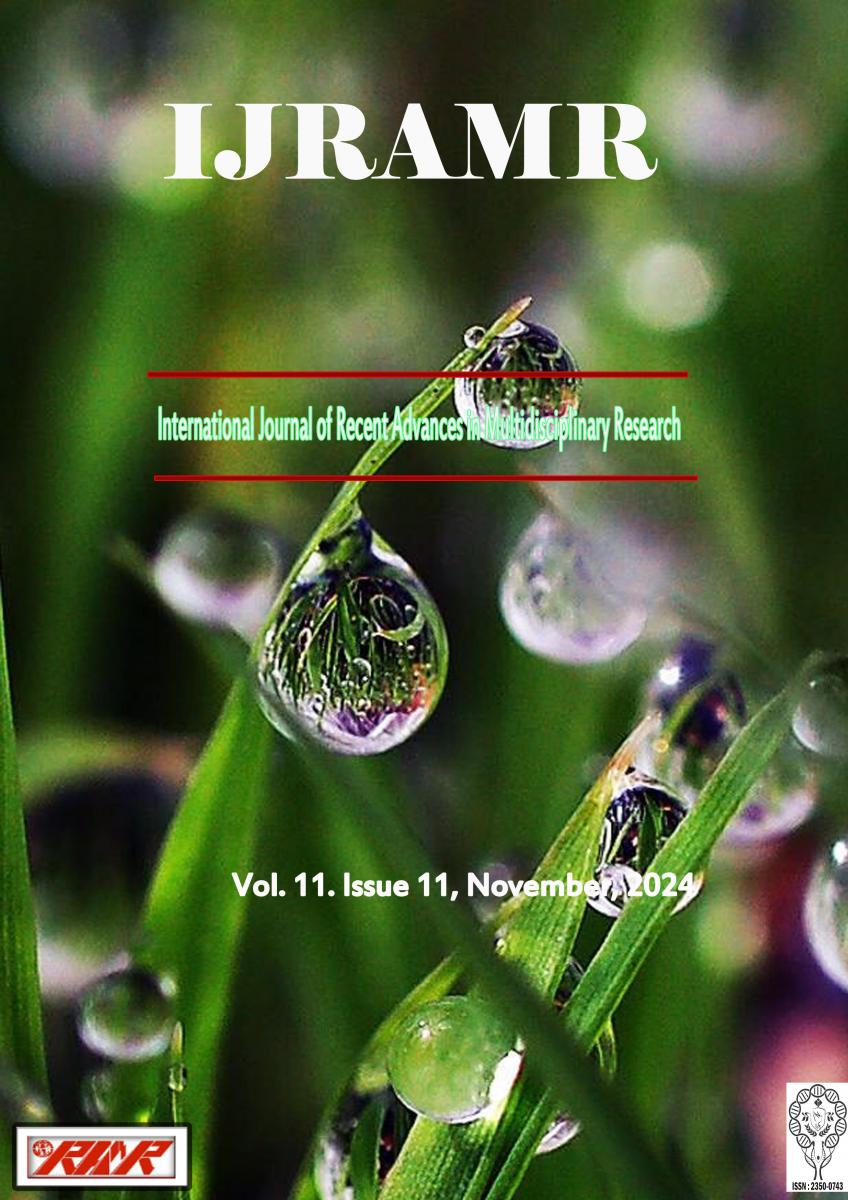Previous studies using intermittent energy restriction in overweight and obese people have demonstrated it to be an effective intervention in achieving weight loss, when compared to continuous energy restriction. Objective: We anticipate that intermittent fasting (IF) in the Malaysian population may be an effective intervention for the management of diabetes. We describe a protocol for a randomized controlled trial of intermittent fasting in Primary Care Clinics in Malaysia of 18 months’ duration, comparing 3 and 5 days of IF to usual care. The objective is to determine the impact of IF on diabetes management over 18 months and to see what difference a 3 or 5 day IF makes. Methods and analysis: A protocol development to achieve improved clinical outcomes in a three-arm randomized controlled trial (3 and 5days IF groups and one control group) asking the question ‘does intermittent fasting in adults with T2DM in primary care improve HbA1c in the Malaysian population?’. Outcome measures: An absolute difference in HbA1c at 18months’ follow-up between the intervention arms and control arm. Our sample size (n=450) has the power to detect a difference of 0.5% in HbA1c. Secondary outcomes will measure the difference in waist circumference, BMI, blood pressure and biochemical parameters, and acceptability of the intervention between the 2 intervention arms and control arm of the study. Eligibility: Adults aged 18 to 70 years, diagnosed with T2DM for at least six months, and a minimum HbA1c of 7.5%.






